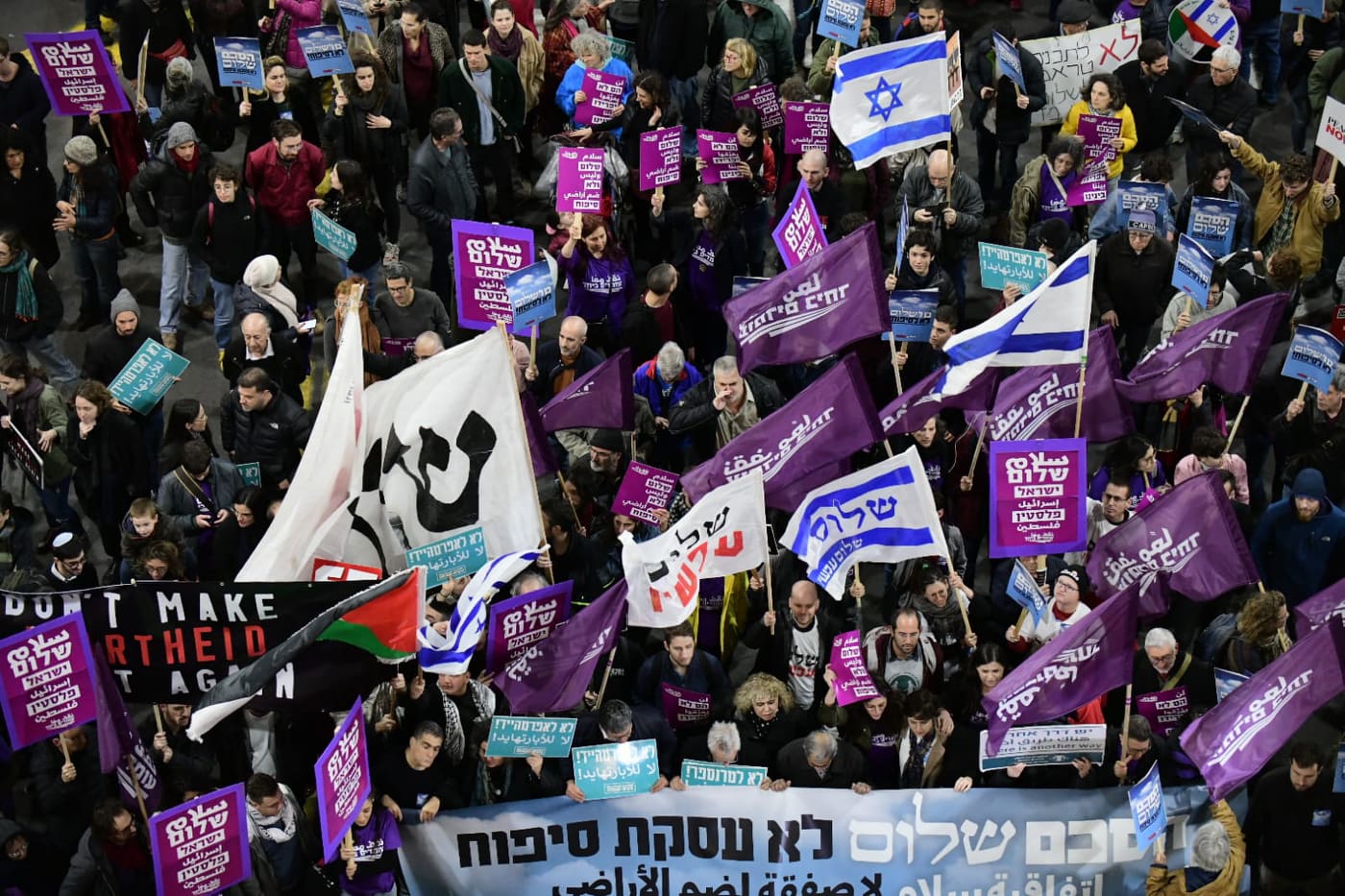Opinion| Foreign peace plans are not the solution to the Israeli-Palestinian Conflict, By Dvir Aviam, Israel
As an Israeli, I felt the collective gratitude and jubilant mood prevalent in the Israeli society after the white house announced their new peace plan, effectively validating Israeli claims for 30% of the Israeli occupied territories.
As a peace activist, however, I felt disappointed that our long term goal- two states solution according to the 1967 borders and a just solution to the refugees’ problem was abandoned by the world’s strongest superpower.
As time went on, though, and Netanyahu’s efforts to unilaterally annexe settlements before the Israeli elections fizzled out, I understood that Trump’s peace plan does not really matter.
Peace, by definition, is a state of mind of rapprochement and cooperation between former foes. A good example is what happened in Europe after WWII when sworn enemies worked together to establish the European Union and create a new reality in the continent. Reaching peace is often a long process, usually accompanied by a need to face past violations and crimes, mandate different forms of redress to victims and promote transitional justice to facilitate democratic development.
The obvious conclusion is that Peace cannot be induced solely by outside pressure, such outside pressure may only, at best, force a temporary ceasefire or a formal agreement (important by itself), not true and lasting peace between people.
The reactions from both sides of the aisle to Trump’s peace plan expose this weakness. Instead of focusing on direct people’s dialogue and actual work for peace, the public focus rests on empty gestures, declarations and fighting between the elites.
The democratic forces in Israel, Palestine and, indeed, among all MENA nations should cease relying exclusively on American and western diplomatic support. Rather than that, we should carve our own destiny by engaging in actual activism with all classes, ethnicities and religions in order to create a new reality, one that will be beneficial for human rights, free enterprise and social development. This is definitely not some unreachable utopian idea as the people of the Middle East proved in the last few years that they have the capability to initiate radical changes within government and society, as evident by the so-called Arab Spring and the recent revolutions in Iraq, Sudan and Lebanon.
Examples for such beneficial activism include direct dialogue meetings, honest and frank discussion on political issues and peaceful protests, both online and in the physical space.

This is not to claim that we should disregard outside actors, we should embrace and cooperate with positive ideas and inputs from all third party countries. Outside pressure has in times proven itself to be an effective method of bringing both sides to the table. We should also unequivocally reject the Trump ‘plan’ because it is immoral and contradicts human rights commitments and International Law.
Nevertheless, based on my experiences and past history, I am convinced that the core solution lies in fieldwork done in the Middle East and not in some quick ‘magic’ “deals” “plans” or “conferences”. While this may take some time, perhaps if we focus on the abovementioned local positive change, we can face to the next American presidents with new governments, intent on achieving true peace without regard to fundamentalist groups. So for now, let’s move on from the ‘deal of the century’ and work towards a ‘2020 of dialogue’ ☺





Leave a Comment
Want to join the discussion? Feel free to contribute!